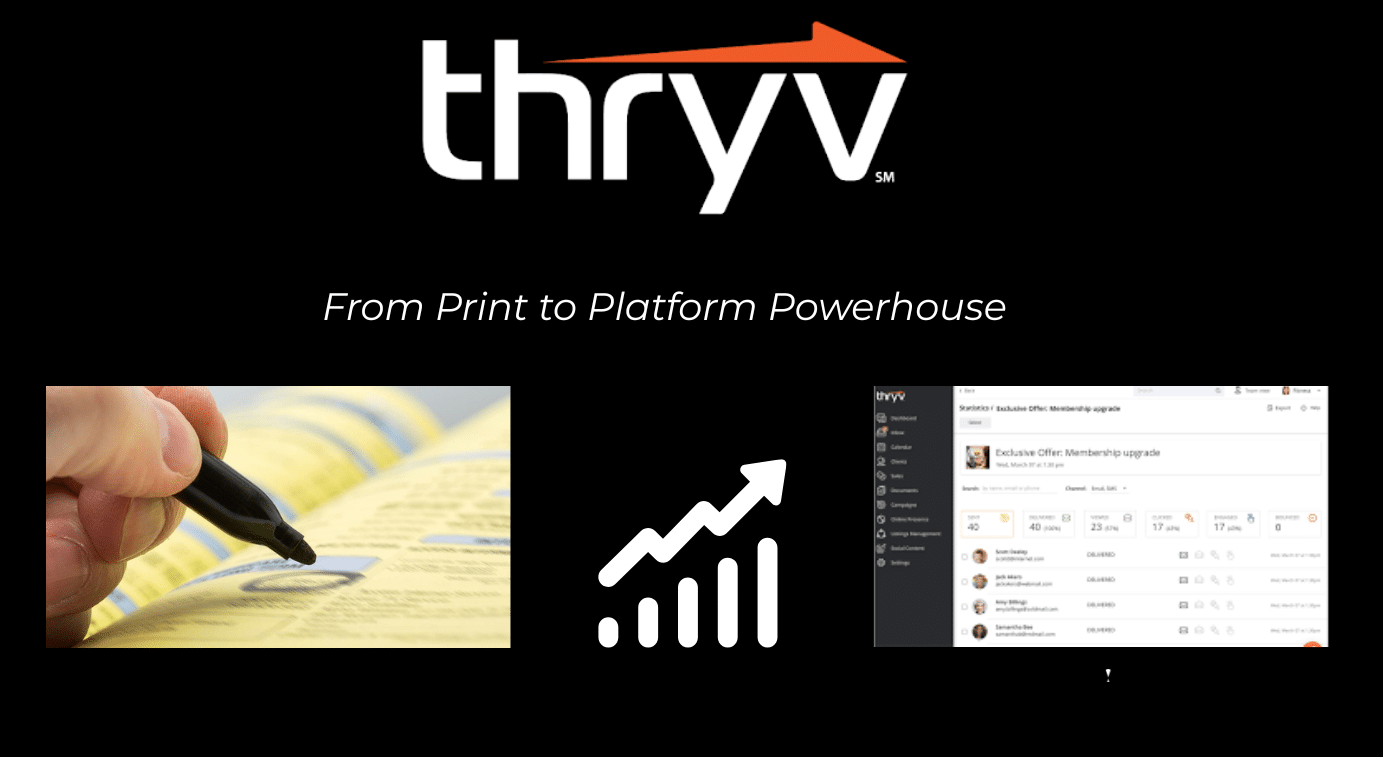Something caught my eye this morning in the course of my usual daily browsing of tech related news. It was about that year-round online garage sale Facebook Marketplace.
An article in Forbes (via Yahoo Finance) about LA denizens finding hidden gems on Marketplace also points out that the platform has quietly become an e-commerce juggernaut. It has stats that actually make Amazon look small.
According to data put together by Capital One Shopping Research, up to 1.2 billion Facebook users buy something on marketplace in an average month. Put another way, about 40% of Facebook’s 3.1 billion monthly active users shop on Facebook Marketplace.
By contrast, Amazon has 300 million monthly active users.
This isn’t to say that Marketplace (launched in 2016) is the lead dog in eCommerce. In many ways it is more like a localized eBay than Amazon.
Still, Meta’s commerce play’s scale seems under-appreciated. And similar to eBay back in the day, Marketplace has spawned a micro-entrepreneurial ecosystem. People do more than just sell their basement junk on Marketplace. Many also use the platform to unload new or almost new goods they acquire elsewhere (for example on liquidation marketplaces), ideally at a profit. And car dealers are routinely promoting their used inventory on the platform.
Where’s the Money?
One of Meta’s biggest challenges with Marketplace might be monetization. Unlike Amazon, which is in the middle of every transaction, many if not most Marketplace transaction are completed offline in cash or via peer to peer via apps like Zelle or Venmo. This of course leads to safety concerns, and there have been some publicly reported examples of Marketplaces ads that played a role in robberies. But offsetting (?) safety concerns are the scale and immediacy Marketplace offers. You can post a $500 item in the morning and have the cash in your hand later the same day. And with no transaction fees if, as most do, the transaction takes place offline.
Facebook does offer payments (and shipping) on the platform. But it is unclear what share of transactions happens this way vs. IRL peer-to-peer (i.e., cash). We are guessing the number is very low. Facebook does take a 5% cut of these transactions when they do occur on the platform.
This leaves boosted listings as a main source of revenue. Again it is unclear how much Facebook made from boosted listings last year.
The real question, which the Forbes article posits, is whether Facebook Marketplace will become a true challenger to Amazon, eBay, etc. It is pretty safe to argue that Marketplace has already vanquished Craigslist.
In 2022, Marketplace was ranked just behind eBay among sites popular for second-hand purchases. We imagine Facebook’s commerce arm will eventually overtake eBay if it hasn’t already.




